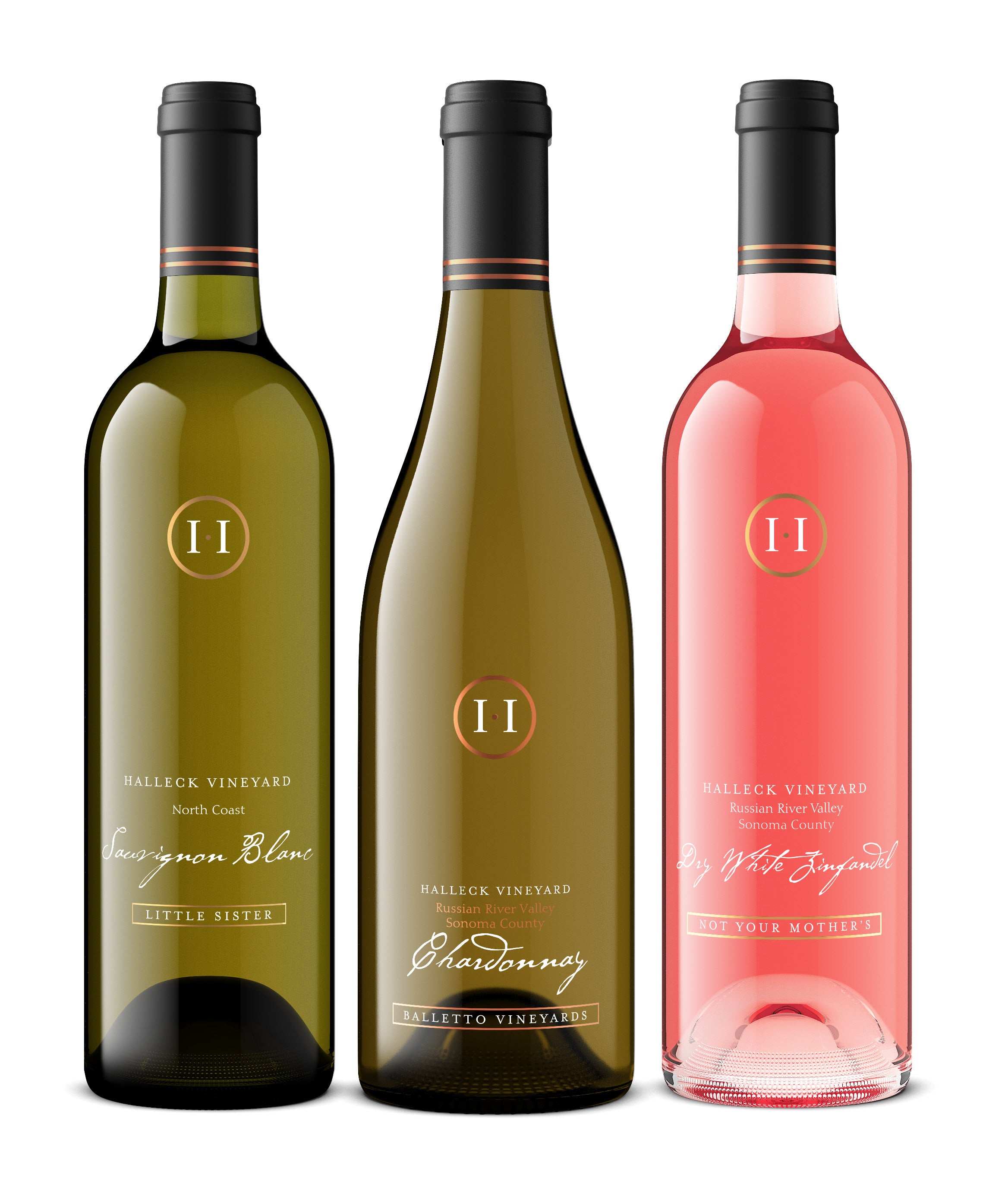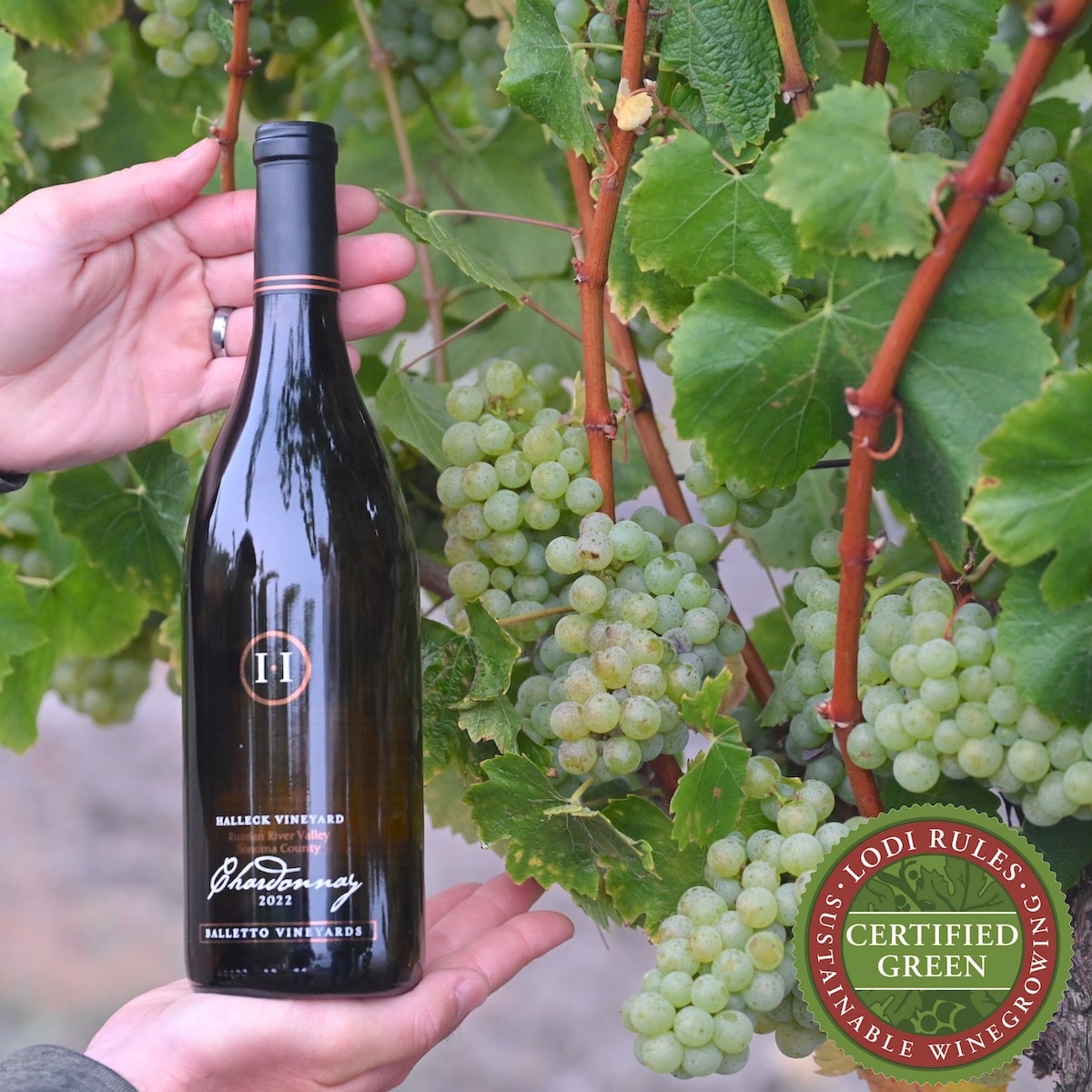Upcoming Wine Festivals In Sonoma County - Sonoma County Wine Tasting Locations
Upcoming Wine Festivals In Sonoma County - Sonoma County Wine Tasting Locations
Blog Article
Interactive Wine Tasting Experiences In Sonoma - Wine Tasting Experiences In Sonoma Valley
Wine tasting is an art that requires practice and an understanding of assorted features involved in the process. One crucial factor of wine tasting is the development and interpretation of tasting notes, which function a guide for each novices and seasoned connoisseurs. A Guide To Understanding Winery Wine Tasting Notes can improve your wine-tasting experience, making it more meaningful and pleasant.

Tasting notes are concise descriptions that capture the essence of a wine’s flavors, aromas, and total character. Usually composed by professional tasters, winery tasting notes supply insights into the nuances of assorted wines. They might help wine enthusiasts perceive what to expect from a specific bottle. Nevertheless, tasting notes can range widely in style and element primarily based on the author's experience and palate.
Vintage Wine Tasting Experiences In Sebastopol - Vineyards Near Sebastopol
When you first method a glass of wine, your senses will begin to have interaction immediately. The sight, smell, and style of the wine will converge to offer you a complete experience. Tasting notes usually begin with the visible assessment, the place the color of the wine is taken into account. Colour plays a significant position in indicating the wine’s age, grape variety, and even its flavor profile.
After assessing the visual side, the following step includes swirling the wine in the glass. This motion aerates the wine, allowing its aromas to awaken. Smelling the wine supplies important perception into its complexity. The preliminary sniff can deliver a flood of scents that will include fruity, floral, herbal, or earthy notes. This is often probably the most subjective part of tasting, as particular person experiences can dramatically differ.
In winery tasting notes, descriptors are sometimes categorized into primary, secondary, and tertiary aromas. Main aromas often stem from the grape selection, secondary aromas derive from fermentation processes, and tertiary aromas arise from getting older. Understanding these categories can help you recognize the depth of a wine, they usually also provide the vocabulary to specific your experience better.
Wineries Focusing On Single Vineyard Wines - Sonoma Wine Tasting Recommendations
Following the olfactory encounter, your focus will shift to the taste of the wine. This is where the primary characteristics—sweetness, acidity, tannins, alcohol—come into play. Tasting notes often detail these flavors in multiple dimensions, including the initial attack in your palate to the lingering finish in your tongue. A high-quality wine will present a harmonious balance between these elements.
While tasting, it is essential to contemplate the body of the wine, which may be described as light, medium, or full. The physique contributes considerably to your general impression, helping you think about how the wine pairs with food or whether or not it stands alone as a sipping wine. Balancing the body with the opposite characteristics will present you with a fuller understanding of what the wine has to supply.
The end of the wine, additionally referred to as the aftertaste, is another crucial side often included in tasting notes. A long, nice finish often indicates a better quality wine, while a brief or cloying aftertaste could suggest otherwise. Evaluating the end can provide additional perception into the wine's complexity and distinction.
Understanding the context of winery tasting notes is also priceless. Tasting notes can present contextual details about the winery's location, climate, and grape-growing practices. This context provides one other layer of appreciation for the wine, permitting enthusiasts to attach the sensory experience with its origins, thus enhancing the enjoyment further.
Wineries That Welcome Walk Ins - Wineries For Casual Tastings In Sonoma
Many wineries provide tasting notes on their web sites or labels, often written in an approachable but informative style. Nonetheless, not all winery tasting notes are created equal. Some may be overly technical, while others would possibly prioritize marketing aptitude over insightful analysis. Learning to navigate these notes can arm you with the information to make informed decisions when choosing wines.
Participating in tastings at wineries can also deepen your understanding of wine tasting notes. Interacting with educated staff can provide you a more hands-on method to exploring totally different wines and the language used to explain them. Scenic Vineyard Tours In Sebastopol. You May have the opportunity to ask questions, interact in discussions, and doubtlessly refine your palate in real time.
Experimentation is important for mastering wine tasting notes. As you pattern completely different wines, try making your own notes. Focus on describing the wine’s colour, aroma, taste, and end. Over time, you’ll develop a personal vocabulary that resonates with your sensory experiences. Every note you create will help refine your palate, allowing you to understand wines at a deeper degree.
Cultural Wine Experiences In Sonoma County - Sonoma Vineyard Tours
In conclusion, a Guide To Understanding Winery Wine Tasting Notes provides a comprehensive framework for diving into the world of wines. It equips you with the methods and language necessary to articulate your experiences. Whether Or Not you're a informal drinker or a devoted aficionado, understanding and using tasting notes can profoundly influence your wine journey. This information not only enhances your enjoyment but also connects you deeply with the rich narratives every bottle tells. By embracing this journey, you turn out to be part of the attractive mosaic of wine tradition, where every sip unveils a new story waiting to be discovered.
- Wine tasting notes sometimes encompass a selection of sensory descriptions, together with aroma, flavor, acidity, physique, and end, allowing tasters to completely recognize the wine's characteristics.
- To improve your understanding, familiarize your self with common wine terminology similar to "tannins," "oakiness," or "terroir," which may help decipher the notes extra successfully.
- A systematic strategy to tasting entails first visually assessing the wine's shade and readability, followed by swirling to release aromas, then inhaling and describing what you experience.
- Taking notes during tasting might help identify patterns over time, improving your palate and making it simpler to recall preferences for future selections.
- Don't overlook the affect of food pairings; tasting notes can differ significantly when a wine is enjoyed with complementary flavors, altering perception and enjoyment.
- Pay attention to the wine’s vintage, as weather conditions in a given 12 months can significantly affect the ultimate product, adding one other layer to the tasting notes.
- Think About the winemaker's style and philosophy, which may shape the wine's profile and impression how its notes evolve with each sip.
- Working Towards with totally different grape varieties can broaden your vocabulary; each kind brings unique traits that can enhance your capability to articulate tasting notes successfully.
- Partaking with wine professionals or attending tasting events can present useful insights, providing a richer context for understanding personal tasting notes.
- Keep In Mind that tasting is subjective; individual preferences and experiences will form one’s interpretation of the same wine, enriching the overall enjoyment of wine exploration.
What are wine tasting notes?
Wine tasting notes are descriptive comments made by tasters in regards to the look, aroma, taste, and end of a wine. They present an overview of the wine's characteristics and might help shoppers understand the style and quality of the wine.
Elegant Wine Tasting Locations In Sonoma - Wine Tasting Experiences In Sonoma Valley
Why are tasting notes essential when selecting wine?
Tasting notes can guide you in selecting a wine that suits your palate. They provide insights into flavors and aromas, serving to you to match wines with food or occasions. Understanding these notes enhances your general wine experience.
How ought to I learn wine tasting notes?
(Wineries Known For Their Beautiful Gardens)
Wineries That Host Harvest Festivals - Celebrated Wineries Around Sebastopol

When studying wine tasting notes, pay consideration to the structure: look for descriptions of color, aroma, flavor, and finish. This will allow you to grasp the wine's profile and decide if it aligns together with your preferences.
What phrases commonly seem in wine tasting notes?
Frequent terms include "tannin" (the structure), "acidity" (the crispness), "physique" (the weight), and varied flavor descriptors like "fruity," "earthy," or "spicy." Familiarizing your self with these terms can deepen your understanding of wine.
Wineries Hosting Seasonal Events - Sonoma Wine Tasting Spots

Am I Able To create my own tasting notes?
Yes! Writing your own tasting notes can improve your wine tasting experience. Focus on your observations of style, aroma, and other sensory traits. This personal practice go to this web-site can help you refine your palate over time.
How do I establish the aromas in wine tasting notes?
Wineries With Breathtaking Gardens In Sonoma - Vineyard Visits And Wine Tasting In Sonoma
To determine aromas, practice smelling quite a lot of scents and associating them with wines. Swirl the wine in your glass to launch its aromas, then take a moment to breathe in deeply earlier than figuring out any outstanding scents.

What is the distinction between professional and private wine tasting notes?
Professional tasting notes could use extra technical language and particular terminology, while personal tasting notes are subjective and mirror individual experiences. Both are priceless for understanding and having fun with wine, however personal notes might resonate more together with your unique tastes.
How can tasting notes enhance my wine appreciation?
Scenic Vineyard Tours In Sebastopol - Sonoma Wine Tastings
Tasting notes can improve your appreciation by serving to you to know and articulate the complexities of wine. They encourage aware tasting and provide a framework go to this website for comparing different wines, resulting in a richer enjoyment of the beverage.
Are there any apps or tools to help with wine tasting notes?
Sure, there are several apps designed to help customers document and organize their tasting notes. These instruments typically offer options like flavor wheel guides and wine database searches, making it easier to trace your journey via different wines. Report this page